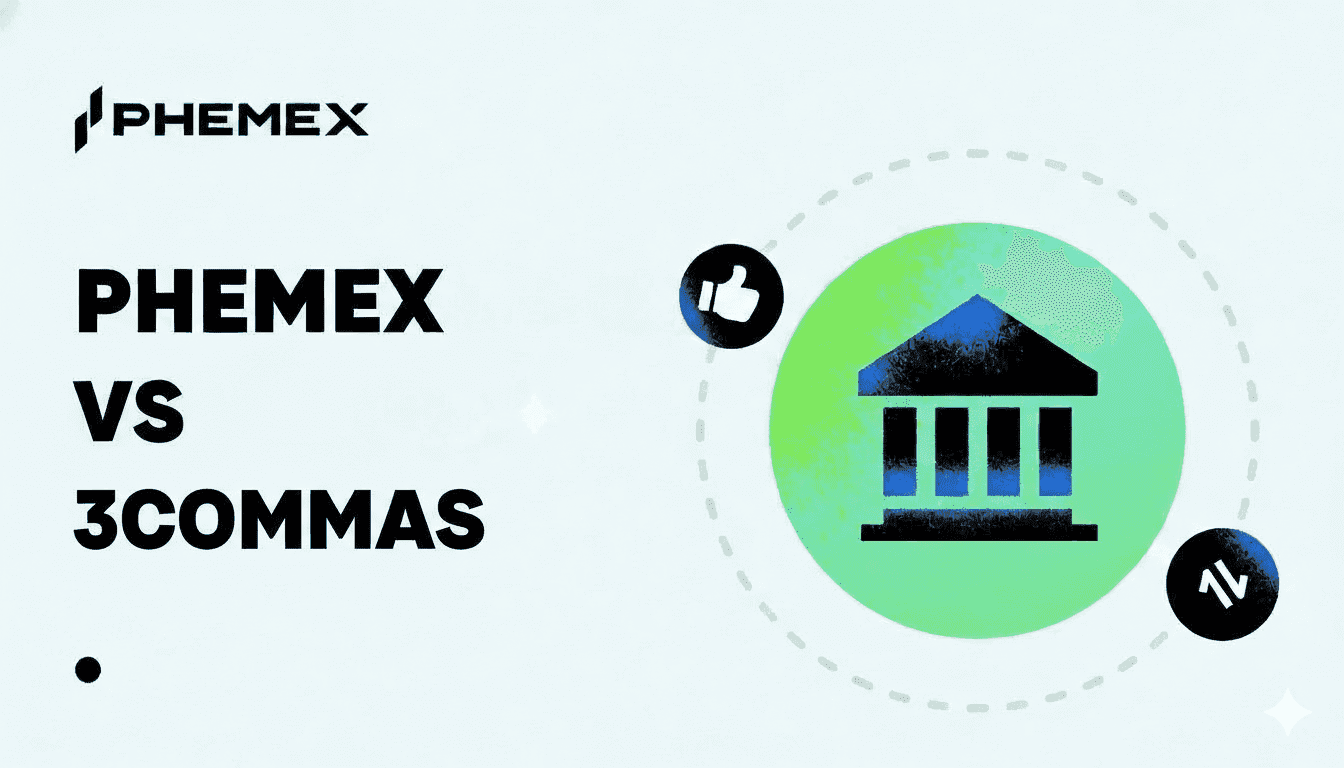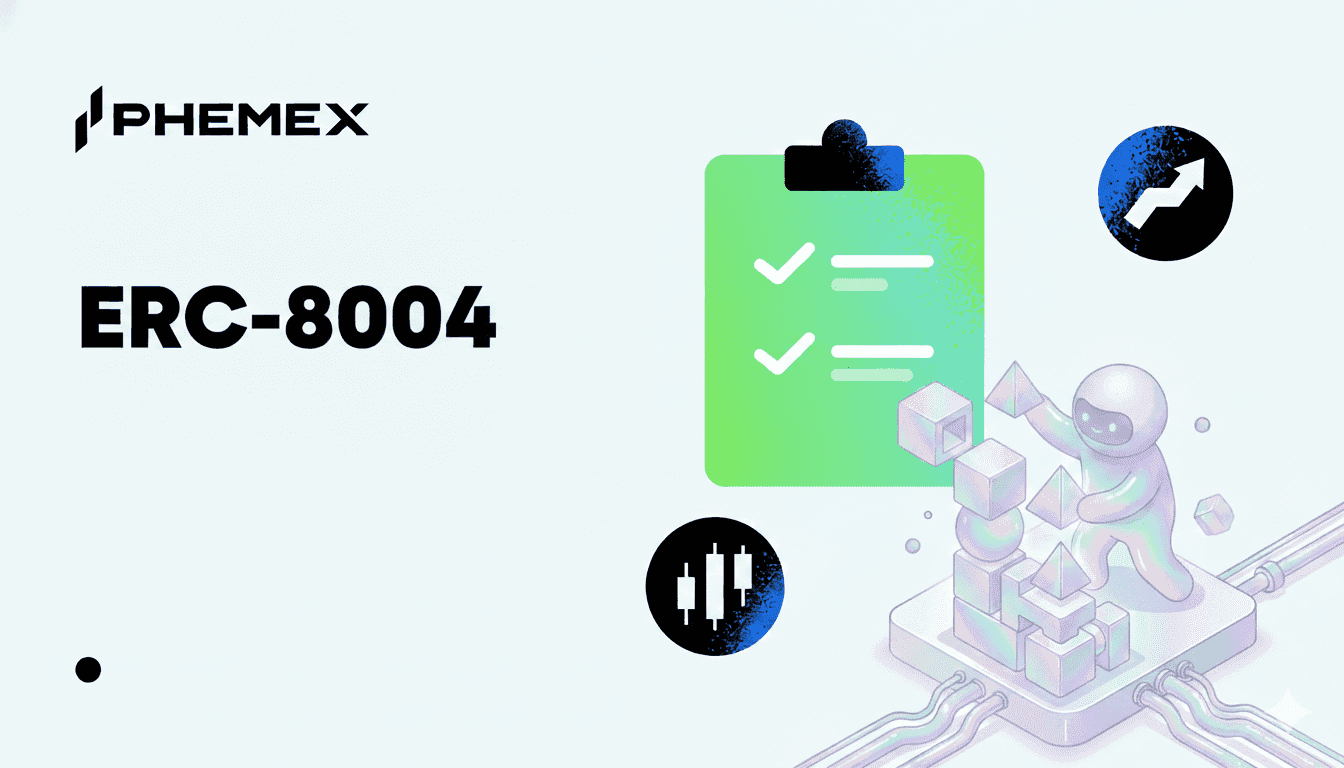
Powered by crypto and blockchain technology, Web3.0 has become the internet’s next iteration that grants people more power to connect with their personal data and online assets. However, this new financial ecosystem has its own challenges. For instance, how can someone’s reputation be transparently verified in a decentralized system without an authority figure?
Soulbound Tokens, or SBTs, may be that solution for Web3.0 identity.
What are Soulbound Tokens?
Soulbound token is essentially a publicly verifiable and non-transferable token on the blockchain. Vitalik Buterin, best known as Ethereum’s co-founder, believes that SBTs can act as the necessary foundation for a more extensive Web 3.0 environment. Different from general NFTs, a SBT can be used to track someone’s genuine reputation and credentials because it is permanently bound to the Soul, a personal crypto wallet, and cannot be sold or transferred.
Are Soulbound Tokens reliable and trustworthy? How do they work?
At the center of the SBT concept is its reliable ability to create verifiable, non-falsifiable reputation online. One main feature of soulbound tokens is that the information would permanently be recorded on the blockchain so there is no way to fake it. After all, anyone can verify the token’s minting and issuance history on the blockchain. According to Vitalik, SBTs can form the basis for a decentralized society (DeSoc) because they can represent an individual’s commitments and credentials, and thus help complete the individual’s Web3 identity.
Soulbound Crypto as Assets of Trust
The invention of blockchain has increased transparency due to being a public ledger. However, trust still needs to be built in the crypto industry that’s rife with scams and bad actors. Even some NFTs are often accused of being pump-and-dump financial manipulation schemes. Soulbound tokens may be the innovation that’s fully deemed trustworthy by the crypto community. Indeed, since SBTs cannot be traded or sold, the room for financial exploitation is greatly reduced. Furthermore, the purpose of SBT is to act as authentic on-chain proof of digital identity, and as a way to boost reputation via honest verifiable means.
Based on its main features, a SBT can be used in a variety of potential use cases:
- Certifications and Credentials: A professional certificate can become soulbound tokens issued to the recipient’s wallets.
- DeFi Lending: SBTs can represent the traditional credit reports and build out someone’s on-chain credit history, helping to build a decentralized credit score system.
- Decentralized Governance: Soulbound tokens being publicly confirmable can also ensure that a DAO’s voting right remains decentralized
- Web3 Identification: As non-transferable non fungible token, SBTs represent an individual’s social attributes that are verified by trusted sources. As more and more credentials, memberships, and affiliations are accumulated as SBTs, a comprehensive digital identity is formed on the blockchain.
The goal of cryptocurrency is not only to securely store information and value, but also to grant individuals power over their own data. Phemex, a crypto platform that prioritizes trustworthiness and transparency, will also examine soulbound tokens to bolster the security of Web 3.









